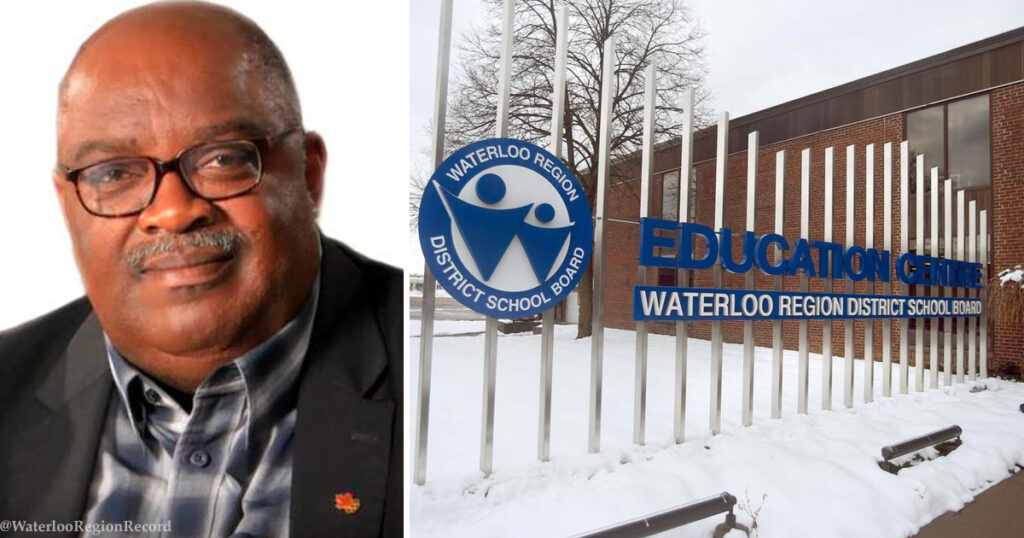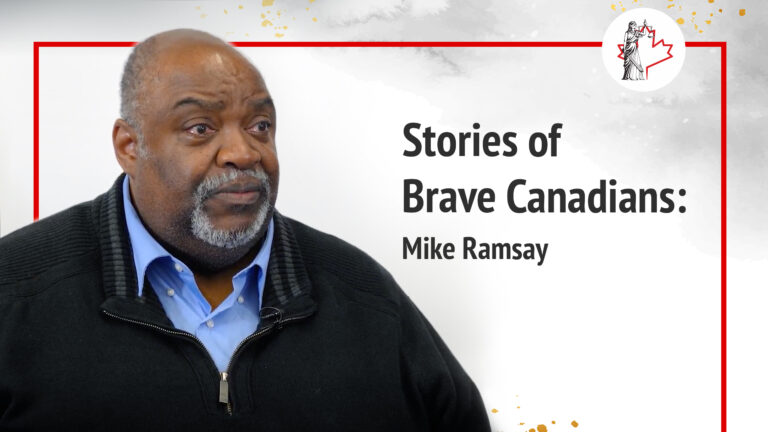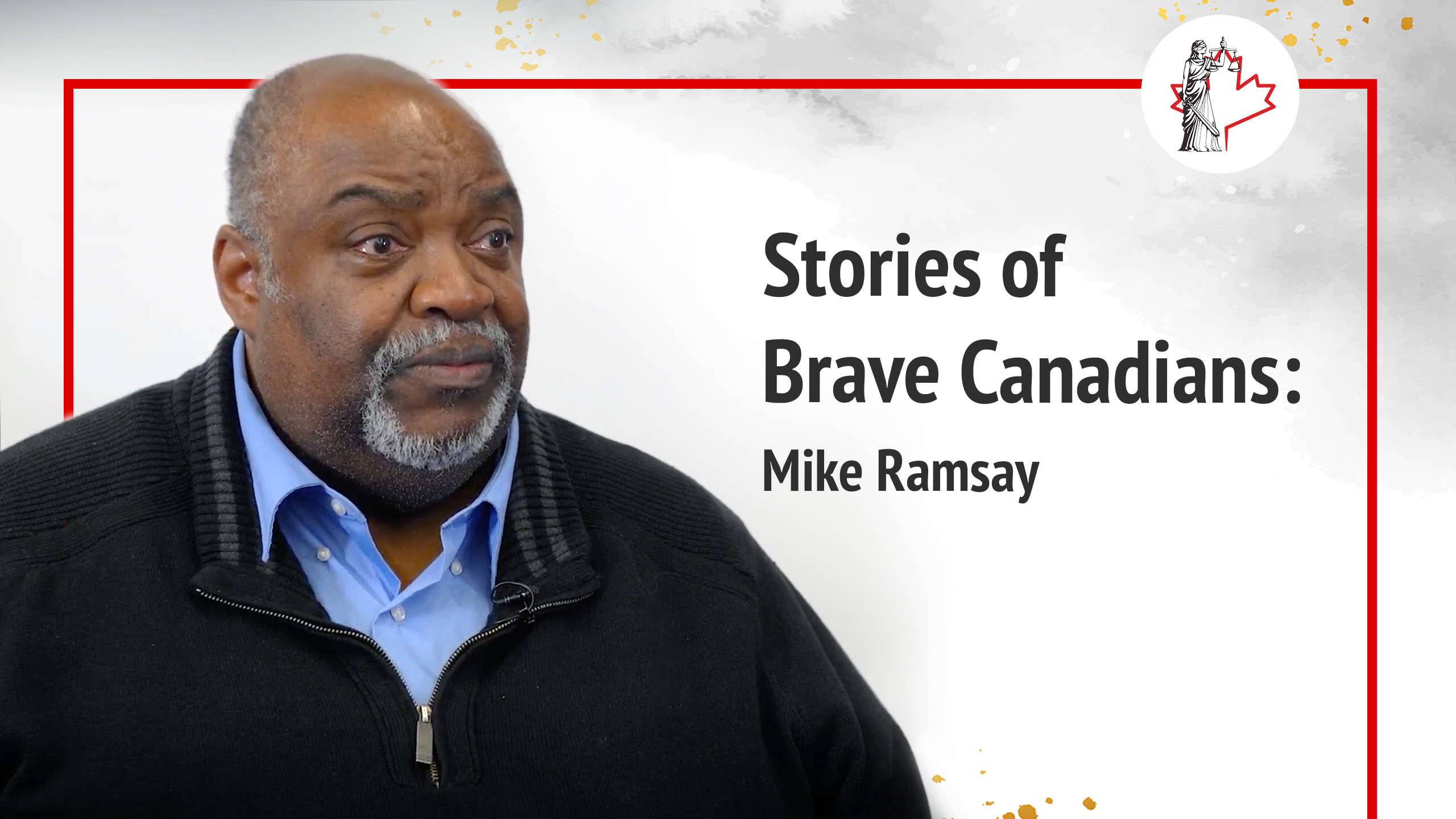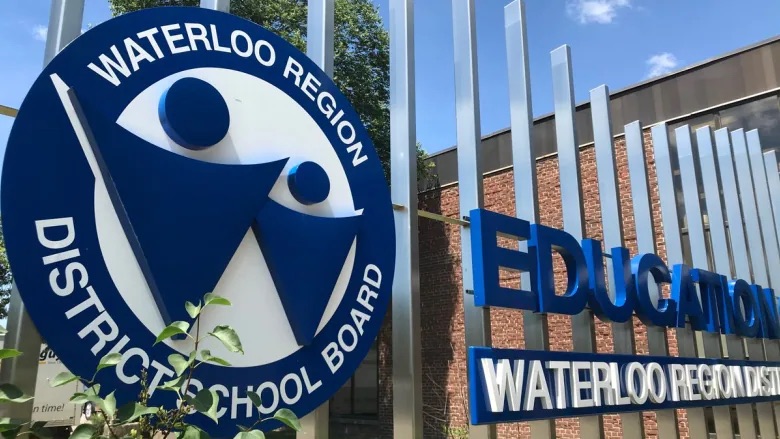Mike Ramsay, an elected trustee of the Waterloo Region District School Board (WRDSB) and officer of the Royal Canadian Mounted Police, was censored by his school board colleagues after advocating for freedom of expression, transparency, democratic rights, and a renewed focus on academic excellence in the Waterloo public education system.
During a January 2022 WRDSB meeting, teacher Carolyn Burjoski expressed concerns about age-inappropriate books in school libraries when her microphone was cut off and she was expelled from the meeting by Board Chair, Scott Piatkowski. In support of Ms. Burjoski, Trustee Ramsay retweeted an article by journalist Jonathan Kay, who criticized the Board’s decision to terminate Ms. Burjoski’s presentation.
In February 2022 and in response to the submission of a formal complaint, the Board launched a formal inquiry into the conduct of Trustee Ramsay. According to the complaint, Trustee Ramsay had failed to uphold the dignity and integrity of his office by engaging in uncivil behaviour.
On June 6, 2022, the WRDSB determined, in a six-to-three vote, that Trustee Ramsay had violated the Code of Ethics of the Waterloo School Board. After Trustee Ramsay had submitted a request for reconsideration, arguing that the Board’s decision was unfair, unreasonable, and unconstitutional, the Board responded by voting to ban him from attending school board meetings entirely until September 30, 2022, and by further prohibiting him from accessing the in camera materials that were available to other trustees. As a result, Trustee Ramsay was prevented from performing his democratic duties to the more than 10,000 voters who had elected him to be their trustee.
In his October 2022 “Re-elect Mike Ramsay” campaign, Mr. Ramsay proclaimed that it was time to “redirect the school board’s focus on student learning and achievement and not political indoctrination. Political indoctrination has no place in our classrooms.” In his election material, Mr. Ramsay publicly described Critical Race Theory – a component of many curriculums in Ontario – as a “divisive concept that presumes that some students are racist and oppressive, while others are victims.” Further, Mr. Ramsay expressed criticism of the secrecy he had encountered throughout the school board complaint process that had banned him from serving the public. He argued that the Board had often breached its duty to be fair by deliberating in private. Mr. Ramsay advocated for an open and transparent process that would enable the public to access the information necessary to hold trustees accountable for their decisions. Mr. Ramsay was re-elected by his constituents.
Trustee Ramsay launched a legal challenge against the WRDSB, arguing that his freedom of expression–guaranteed by Section 2(b) of the Canadian Charter of Rights and Freedoms had been violated in the Board’s ruling that he had breached the Code of Conduct simply by disagreeing with the decision to silence Carolyn Burjoski. He has also challenged the Board’s decision to censure him, to bar him from attending Board meetings for three months, and to prohibit him from receiving in camera Board materials.
On June 6, 2023, the Ontario Divisional Court heard Trustee Ramsay’s legal challenge.
Lawyer Hatim Kheir stated, “Trustee Ramsay’s case is important because it engages not only his own personal right to free expression but also the values of democracy embodied in his role as an elected representative. When Trustee Ramsay was silenced, his constituents were also silenced. We are hopeful that this case will provide guidance to school boards going forward, that trustees should not be unreasonably from exercising their duties.”
On December 7, 2023, the WRDSB released its decision dismissing Ramsay’s application.
Trustee Ramsay is seeking leave to appeal this decision to the Court of Appeal.






